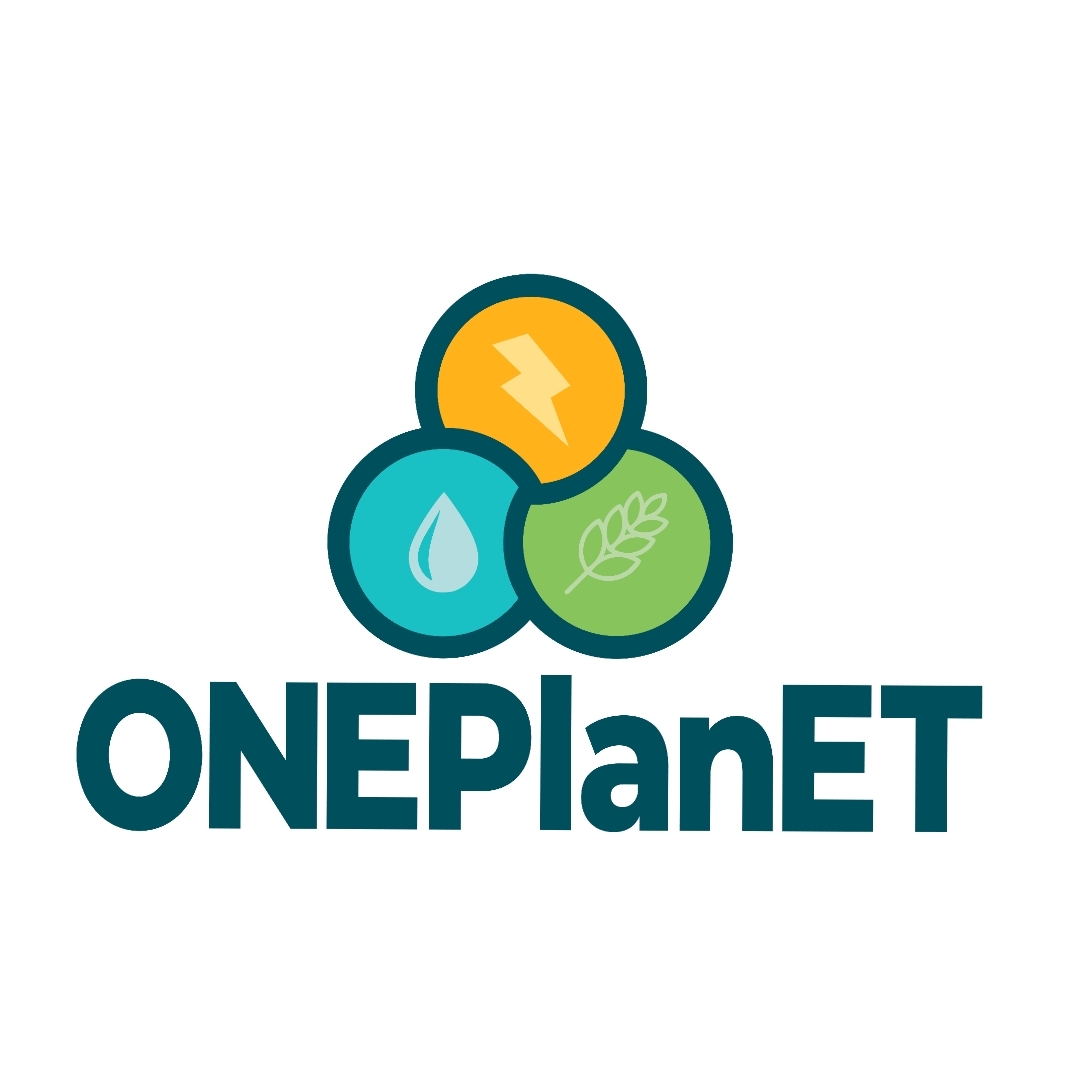The much anticipated ONEPlanET project officially commenced on the 1st of November 2022 with the Kick Off Meeting held on 28th of November 2022 online with all project partners and representatives from the European Climate Infrastructure and Environment Executive Agency (CINEA) in attendance.
READ MORE: Shaping the Next Decade: Meet Moetaz Helmy, Board Chair, Afrilabs
The project aims at empowering African policy makers, research & academia, investors and citizens with the necessary tools and know-how to increase clean energy generation and sustainable use of resources while reducing inequalities and cultural/socio-economic gaps.
ONEPlanET will undertake a participatory approach – in three African case studies: Songwe (Malawi/Tanzania), Inkomati-Usuthu area (South Africa) and Niger (Nigeria) river basins – to co-design and test a Toolkit, built upon existing WEF Nexus models and methodologies, that allows to simulate scenarios optimising existing resources with the most appropriate policies considering social, climate, economic and biophysical constraints.
In addition, a Knowledge Hub including a set of capacity building materials and knowledge exchange activities will also be developed.
READ MORE: Benin: My Debut Afrilabs Annual Gathering Experience
Through its WEF Nexus models, ONEPlanET aims at becoming the Toolkit supporting African decision-makers in the energy field in their day-to-day work. It will provide open-source tools, models and materials helping them to make informed decisions, considering social, economic and environmental parameters.
The project is being coordinated by RINA Consulting, Italy and brings together 11 multidisciplinary partners from 9 different countries in Europe and Africa, with the intention to connect the knowledge, speed up the implementation of the WEF Nexus modelling approach and capitalise the Project’s outputs.
READ MORE: Rwanda: Kigali Win Hosting Rights for the 2023 Afrilabs Gathering
These organisations include:
Europe: RINA Consulting, Italy, Fundación CARTIF, Spain, Universidad de Valladolid, Spain, Three o’clock, France, Stichting IHE Delft Institute for Water Education, Netherlands, Università degli Studi di Genova, Italy, Stiftelsen the Stockholm Environment Institute, Private Sweden.
Africa: University of KwaZulu-Natal, South Africa, AfriLabs, Nigeria, Strathmore University, Kenya, Ecowas Centre for Renewable Energy and Energy Efficiency, Public Cape Verde.
The project has received funding from the European Union, grant agreement number 101084127.









